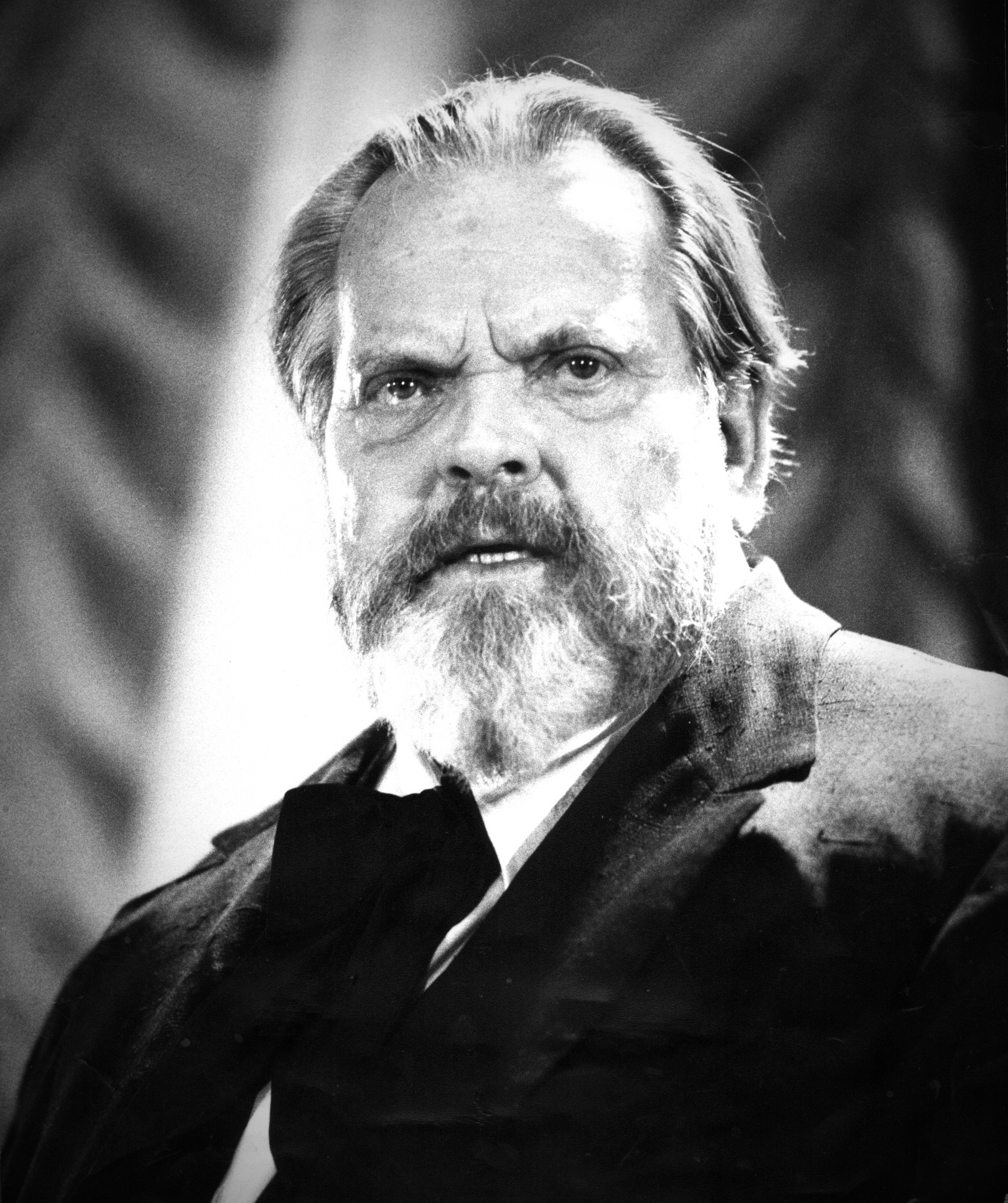
- Golden Globe Awards
1981: Orson Welles – A Tribute to a Genius

It happened only once: the celebration (in addition to the annual 1981 Golden Globe Awards) of one personality outside a Golden Globes gala. But what a personality it was — the actor, radio host, screenwriter, voiceover artist, producer, theater impresario, and film director Orson Welles.
The driving force behind the unique event was Marianne Ruth, a correspondent for print media in her home country of Sweden and at that time, in 1981, the much beloved and respected president of the Hollywood Foreign Press Association.
The idea: why not pay tribute to a living legend, to one of the true geniuses in the history of film? While he was in his early twenties, Welles co-wrote, produced, and directed Citizen Kane, also taking on the lead role. Today, most critics still consider the film one of the greatest movies of all time.
But at the time of its release, in 1941, the movie and its creator became highly controversial. The story of the doomed power trip by a media tycoon was a thinly disguised portrait of William Randolph Hearst, who in response tried to ruin both Welles and his film. Hearst’s newspapers barred all references to Citizen Kane and exerted enormous pressure on the Hollywood community to ignore Welles. (The film did not receive an Oscar nomination for Best Picture.) It has been reported that RKO Pictures chief George Schaefer received a cash offer from MGM’s Louis B. Mayer and other major studio executives if he would destroy the negative and existing prints of the film.
All that, of course, happened four decades before the tribute by the HFPA on October 18, 1981. Welles had spent many years in Europe, where he was worshiped by film lovers, among them Marianne Ruth. She invited other guests to the celebration at the Beverly Hilton Hotel, and many came: Italian director Bernardo Bertolucci showed up; Peter O’Toole flew in from London; Jack Nicholson arrived by taxi.
Bertolucci thanked the “maestro” for showing him the ropes. O’Toole spontaneously got up and bowed before the honoree, reciting a Shakespeare sonnet by heart. The mood was festive, and the evening became a true celebration of film — though that was a term Welles rejected in his speech. “We should not name our art after the material it is presented on,” he proclaimed in his thundering baritone while resting his humongous cigar in an ashtray. “We should stick with what it is: a picture, a moving picture.”
A personal note by the author may be allowed: Knowing that Orson Welles was often called “The Magician,” due to his lifelong fondness for sleight-of-hand tricks, I suggested hiring a magician as a little surprise for our guest of honor. With the help of Hollywood’s Magic Castle, I found one. But the gesture turned out to be a flop: Realizing the caliber of his audience, the poor magician froze, in a fit of paralyzing stage fright.

